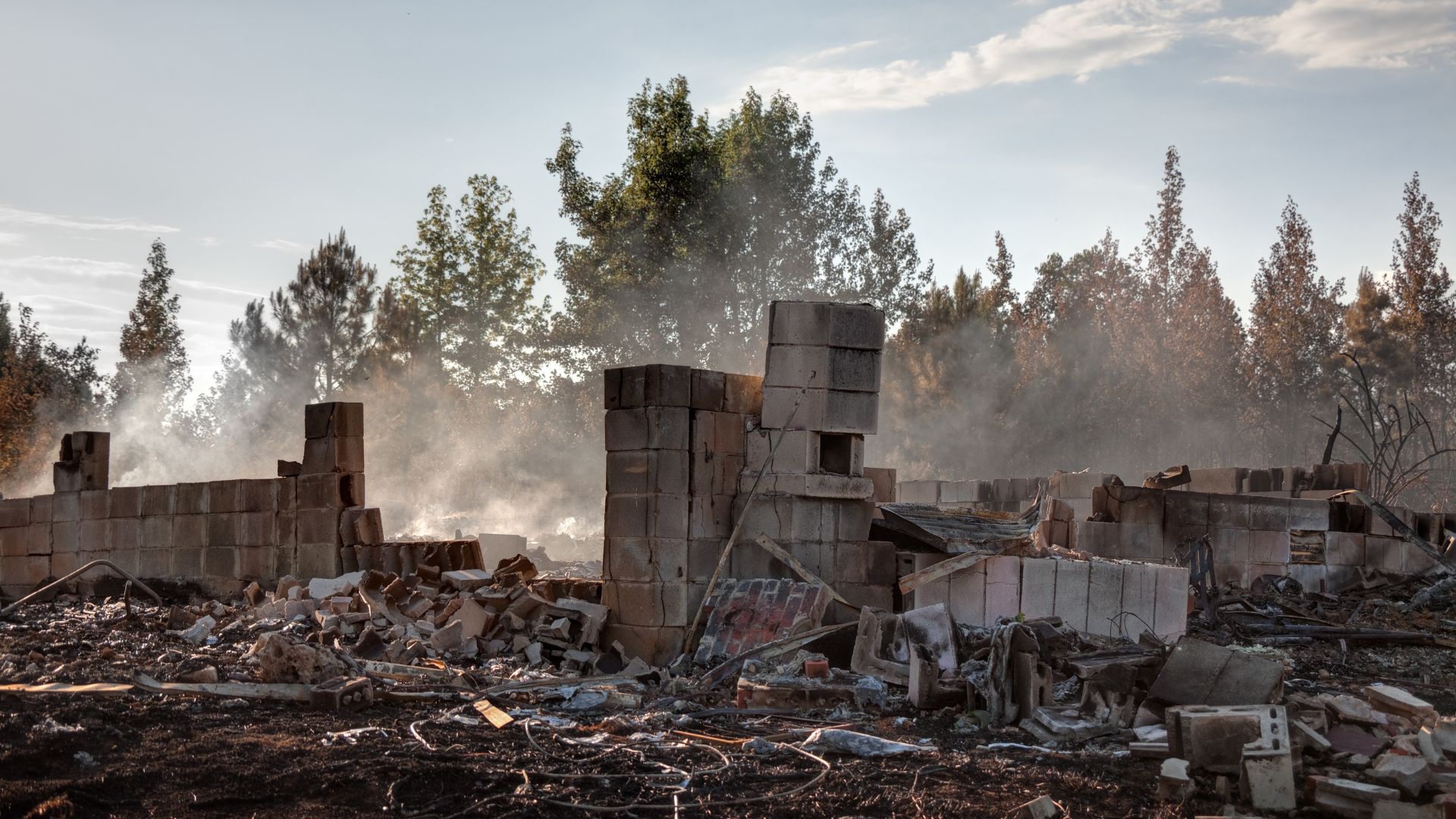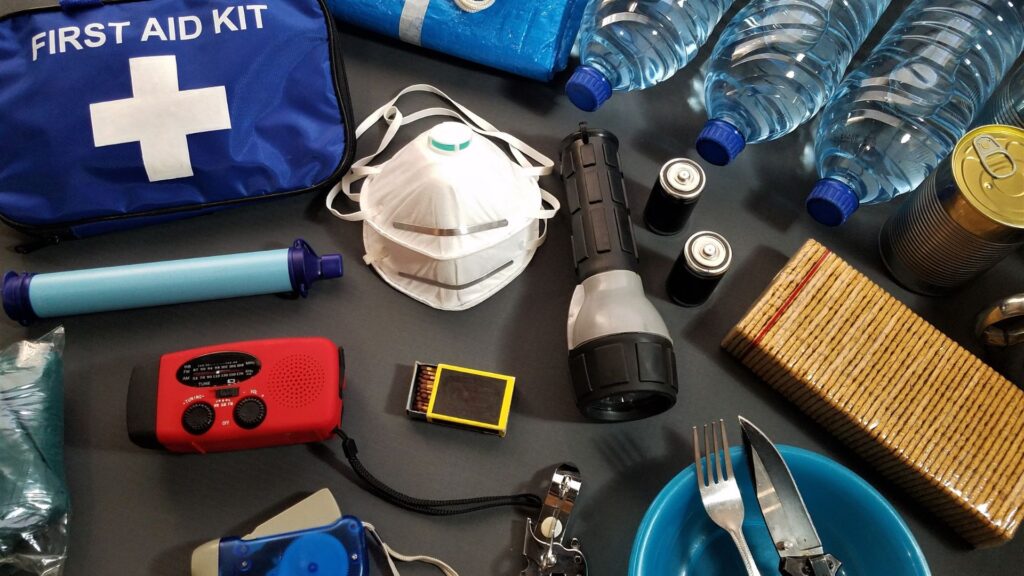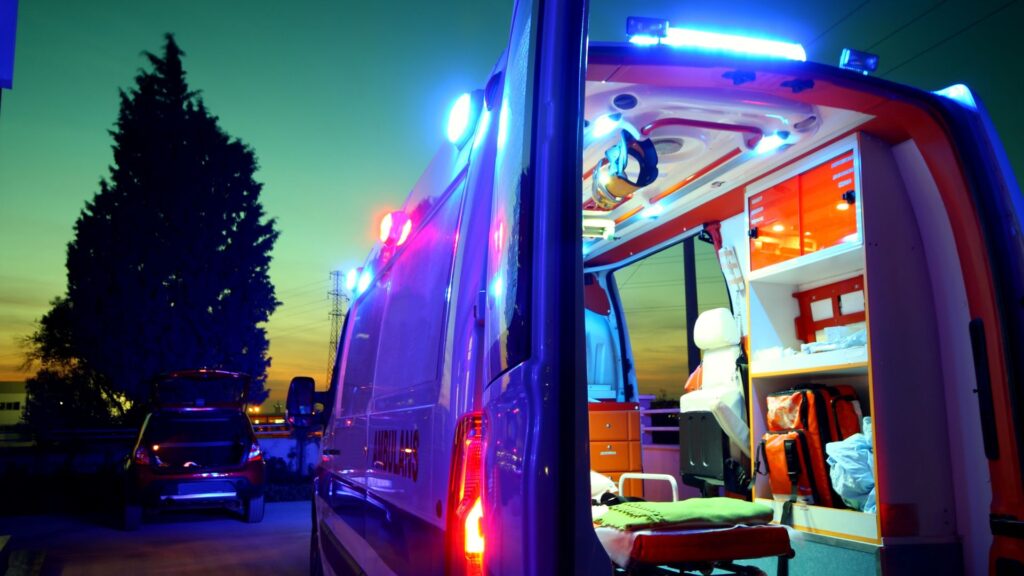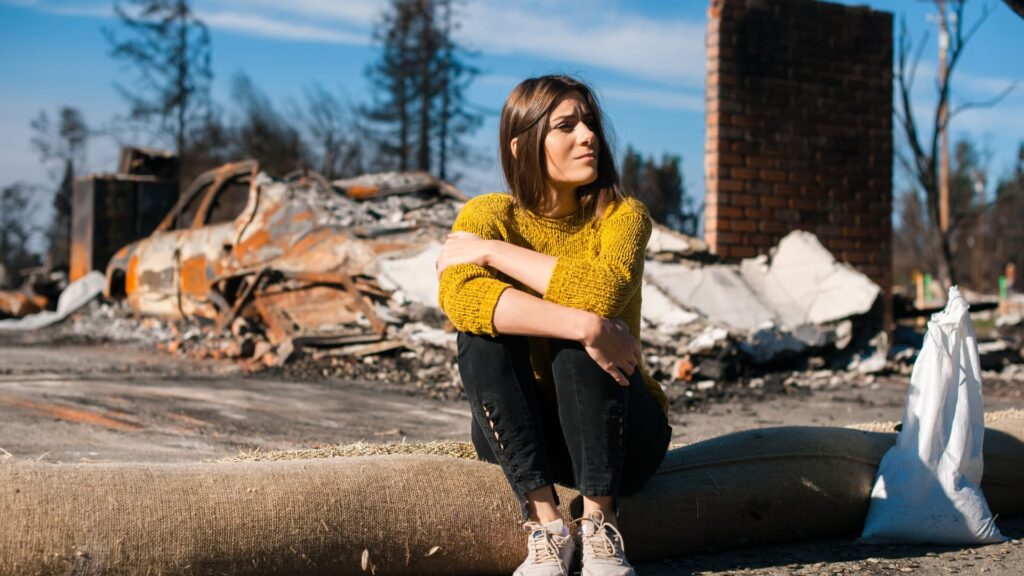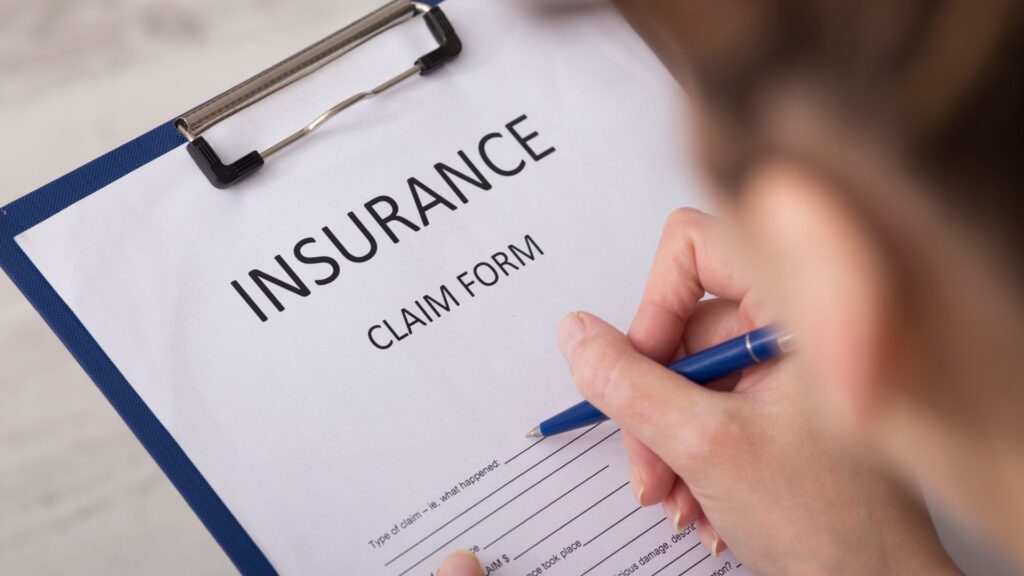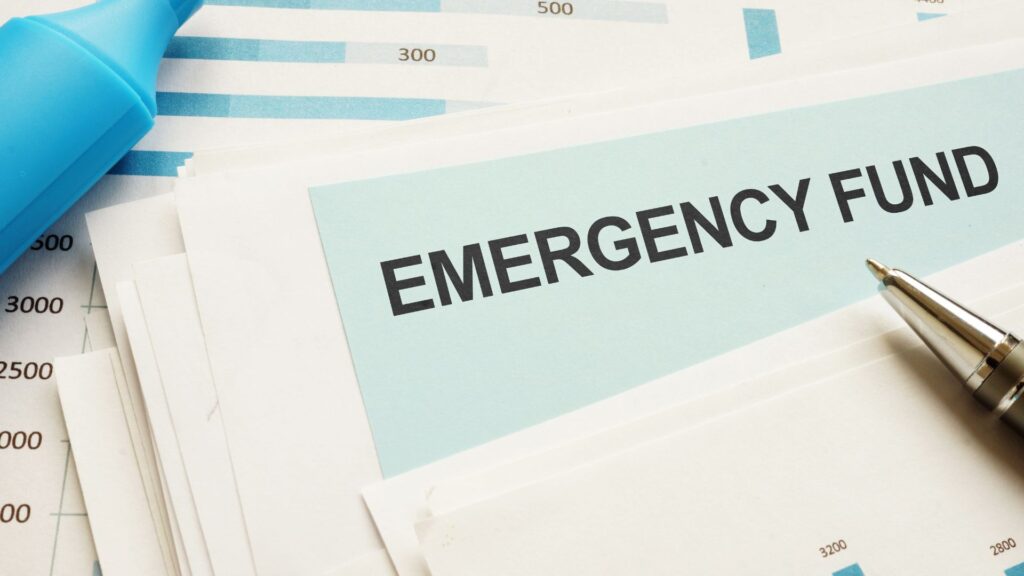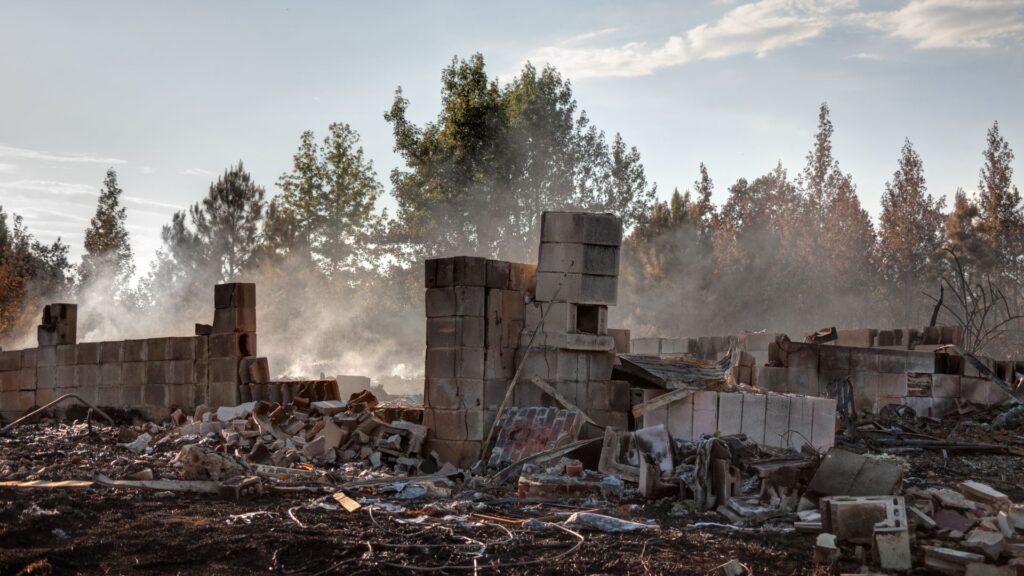
The recent wildfires, including the Palisades, Kenneth, and Eaton fires, have brought unimaginable loss to our community, with damages exceeding $150 billion. Losing your home in such a tragedy can leave you feeling like your world has been flipped upside down. At West Coast Trial Lawyers, we understand the magnitude of this loss. You’re not alone in this crisis; there are resources, strategies, and compassionate professionals ready to guide and support you through each step of recovery.
Why California Wildfires Are So Devastating
California’s dry climate, frequent Santa Ana winds, and vast wildland-urban interfaces create a perfect storm for fast-moving wildfires. Once a blaze starts, it can spread rapidly—destroying entire neighborhoods and leaving behind immense property damage. Our firm has guided numerous Californians through the aftermath of these disasters, and we’re committed to helping you understand your options for recovery.
Eaton Fire Lawsuit
If you or someone you know has lost their home due to the Eaton Fire, it is vital that you seek legal assistance to get back what you lost. West Coast Trial Lawyers represents victims affected by The Eaton Fire by filing claims against Southern California Edison for negligently causing the Eaton fire. Contact us immediately for free consultation.
How to Prioritize Your Immediate Safety
Check for Injuries and Seek Medical Care
Your immediate focus should be on ensuring everyone is safe and receiving appropriate medical attention. Wildfire smoke can trigger or worsen respiratory issues, so if you have any concerns—however minor—seek medical care. Addressing health concerns upfront also helps establish clear documentation for any later insurance or legal claims.
Stay Updated With Local Emergency Services
Stay informed about ongoing conditions and potential threats through:
- The California Office of Emergency Services (Cal OES)
- Local fire departments
- Community alert apps and verified social media accounts
Following these updates can help you avoid unsafe areas and remain aware of changing situations.
How to Contact Authorities and Support Networks
Utilize Hotlines and Emergency Numbers
Keep a list of emergency phone numbers, including your local law enforcement and county disaster hotline. These hotlines can point you to shelters, temporary housing options, and mental health resources you may need right away.
Connect With Friends, Family, and Neighbors
Loved ones, friends, and neighbors often provide the quickest sources of help—whether it’s a spare room or support navigating local relief options. Reaching out can also ease the emotional burden of what you’re going through.
The Best Temporary Shelter and Accommodations
Red Cross and Other Nonprofit Shelters
The American Red Cross routinely sets up evacuation centers throughout California during major wildfires. These centers can provide:
- Temporary shelter
- Basic supplies (toiletries, clothing)
- Emotional support and guidance
Taking advantage of these facilities can offer a sense of stability while you map out longer-term solutions.
Community Centers and Faith-Based Organizations
Local community centers and churches often open their doors to those affected by wildfires. They may provide meals, donated goods, and volunteer assistance. Don’t hesitate to reach out—these organizations are well-versed in disaster relief efforts and can connect you to various support networks.
Check local news, social media, or community boards for announcements on where these resources are available. Organizations like All Power Books have also transformed into community support hubs during recent crises.
Temporary Housing Assistance Options
Depending on the scale of the disaster, you may qualify for government-funded housing support such as:
- Hotel vouchers
- Short-term rental assistance
- Temporary housing programs via FEMA
Keep an eye on state and county websites, as well as official announcements, for the latest updates on available relief programs.
FEMA Disaster Recovery Centers
These centers are set up to help with FEMA applications, provide information on available aid, and assist with understanding insurance claims. You can text “DRC” along with your ZIP Code to 43362 to locate the nearest center
How To File an Insurance Claim
Before you file an insurance claim, one of the first things you should do is to gather photographic evidence and document the extent of the damage that has occurred. If and when it’s safe to return to your property, document the damage carefully:
- Take photos and videos of the exterior and interior
- Keep any “before” photos or videos for comparison
- Store digital copies in multiple places (e.g., cloud storage)
Thorough documentation strengthens your position when dealing with insurance companies and potential government aid. It is also recommended to obtain an official report from local authorities or the fire department. This report can confirm the extent of your property loss and may be crucial for insurance claims or state assistance programs. In addition, if the wildfire has destroyed any essential personal documents, it is vital that you reorder them immediately. If you have lost any of the following personal documents, here is where you can reorder them.
- Birth certificates (through Vital Records in California)
- Social Security cards (via the Social Security Administration)
- Passports (via the U.S. Department of State)
Making A Claim With Your Insurance Provider
Once you have gathered your documents and made the necessary arrangements, one last thing you should do before you contact your insurance provider is to review your homeowner’s or renter’s policy to see if it includes wildfire or “fire damage” coverage. Many California policies cover fire-related damage, but some may require specific requirements in order to qualify. If anything is unclear, reach out to your insurance agent for clarification.
After filing a claim, you’ll typically meet an insurance adjuster who inspects the damage of your home. Keep track of:
- Dates and times of communications
- Names and roles of each representative
- All written or emailed estimates
These records ensure you have a clear paper trail during negotiations. Depending on the nature of your situation, insurance companies might not offer sufficient compensation right away. You have the right to negotiate for a fair settlement, but should you feel overwhelmed or undervalued, consider consulting a legal professional for advice or representation.
How to Access Government and Disaster Relief Programs
FEMA Assistance
After registering with FEMA, you may be eligible for:
- Temporary housing benefits
- Home repair funds
- Crisis counseling
Be prepared to provide detailed documentation of your losses and any out-of-pocket expenses incurred.
California State and Local Government Resources
In addition to federal aid, California provides its own suite of resources:
- Property tax relief for properties damaged by natural disasters
- Cal OES grants or special programs
- Potential low-interest loans through state partnerships
Stay tuned to county and city websites for the latest announcements and deadlines.
Grants vs. Loans
FEMA and state grants do not require repayment, but many other programs—including some state options—may come in the form of loans. Understand the terms and your financial obligations before accepting any offer.
How To Protect Your Finances During Recovery
As losing your home is an impactful financial loss, it is heavily recommended to use an emergency fund if you have one. If not, consider secondary income sources or selling unused assets to bridge immediate financial gaps. Every penny collected from insurance matters, so it’s crucial to manage your funds wisely during this period.
In cases where your home was under a mortgage, contact your lender immediately. Many offer forbearance or loan modification options for homes damaged by natural disasters. Mortgage Forbearance can be requested for a 3-month period and renewed every three months, this can give you the necessary breathing room while you recover.
If you are interested in hiring an attorney to help you recover and manage your financial assets from your insurance, it is recommended to wait until your claim is denied, delayed, or underpaid. As most homes are underinsured, insurance companies will likely pay out to the policy limits, however, with the recent news of insurance companies canceling wildfire coverage, it is vital that you get a solid understanding of your coverage before you seek legal representation.
Remember, while insurance claims might seem straightforward, they can be complex. Ensure you understand your policy limits and what you’re entitled to without additional costs. By leveraging free support services and being cautious with your financial decisions, you can navigate this challenging time with greater control over your recovery process.
Price Gouging
Due to the severe nature of wildfires, it is important that you are aware of price gouging especially for rental properties. According to California Penal Code 396, it is illegal for businesses to raise prices on essential goods and services during a state of emergency. This means if prices of essential goods such as housing or food exceed 10% above their prior value after a wildfire, local businesses, landlords, and real estate agents are liable for price gouging and exploitation. With that in mind, keep an eye out for such practices and report any violations to local authorities.
Clean Up Hazards and Navigating Environmental Risks
Fires can release harmful chemicals from household items like paint and electronics. As such it is vital that you consult local environmental agencies or specialized waste disposal services before handling or discarding debris. While some California counties facilitate community-wide cleanup efforts, offering equipment and professional crews, it is recommended to stay alert to local news or government bulletins to find out when and where these cleanup programs occur.
Should you encounter injured or displaced wildlife, contact organizations like California Department of Fish and Wildlife or local animal rescues. In some instances, you may come across lost pets and should that happen, it is highly recommended to take local animal shelters and see if they have a microchip installed so their owners can be notified about their pet.
Community Outreach and Volunteering
Sharing your experiences with others who have gone through a similar ordeal can foster a sense of togetherness and hope. Local gatherings or relief events can help you rebuild not just your property, but also your sense of community. Losing a home is a profound personal loss that can lead to anxiety, depression, or even post-traumatic stress.
These responses are entirely valid and if you or someone you know is struggling it is highly recommended to seek professional attention. Mental health professionals, such as therapists or counselors, are invaluable in navigating the complex emotions tied to losing your home. Some community centers and nonprofits offer sliding-scale or free counseling services for those affected by disasters. If you are struggling due to the sudden loss of your home, faith-based groups and secular nonprofits in California often provide additional services like:
- Temporary housing
- Job placement assistance
- Mental health resources
These organizations have deep local roots and understand the unique challenges wildfire survivors face.
Connect With West Coast Trial Lawyers
West Coast Trial Lawyers represents victims affected by the Eaton Fire, offering the compassion, experience, and tenacity to guide you every step of the way in claims against Southern California Edison for negligently causing the fire.
- Proven Results: Our team has recovered over $1.6 billion in successful settlements and verdicts for our clients, including high-profile individuals.
- 24/7 Availability & Multilingual Staff: We’re here around the clock to answer your questions—in the language you’re most comfortable speaking.
Schedule a free consultation or give us a call (213) 927-3700 and let our dedicated team fight for the justice and compensation you deserve.
